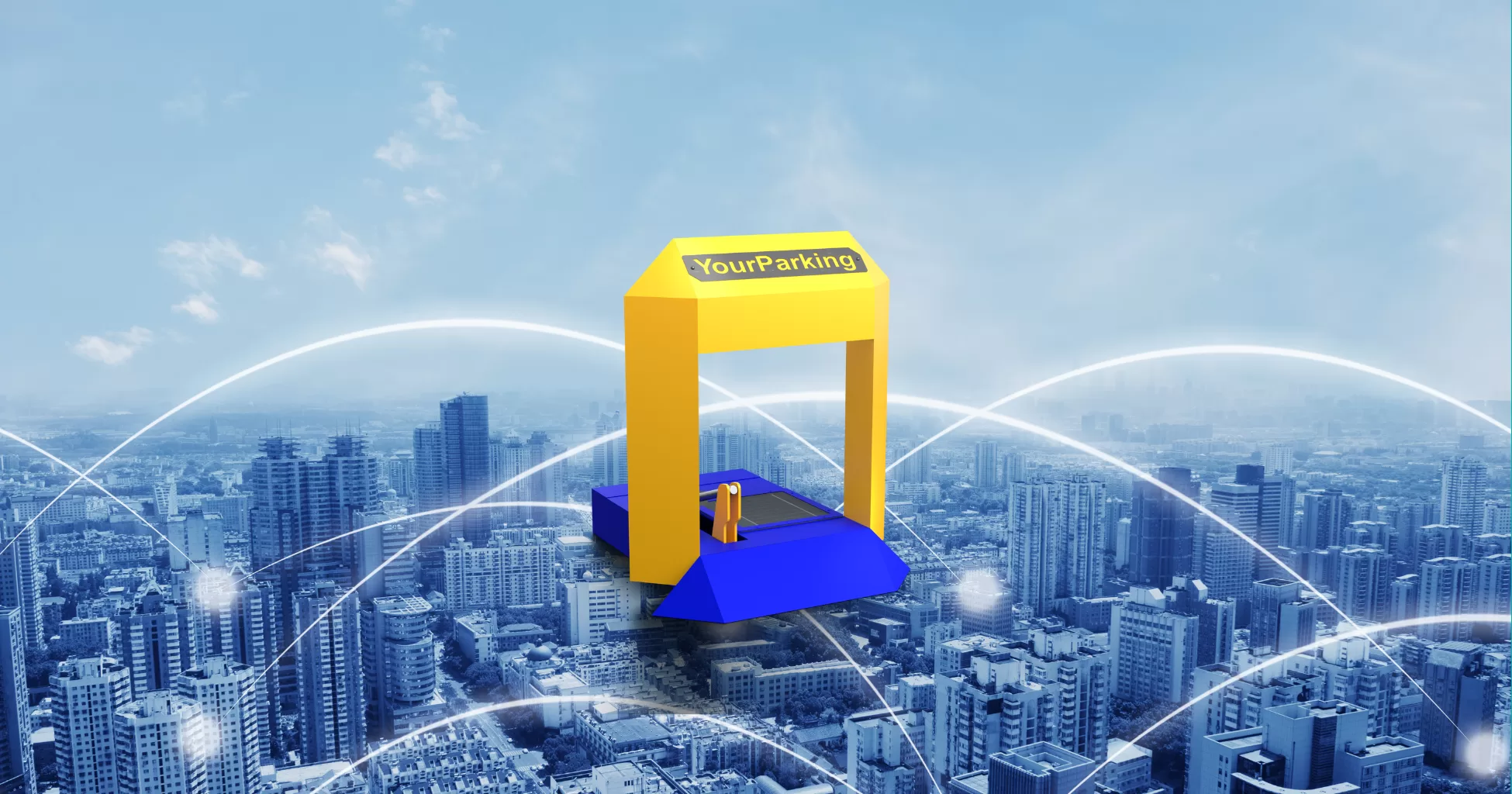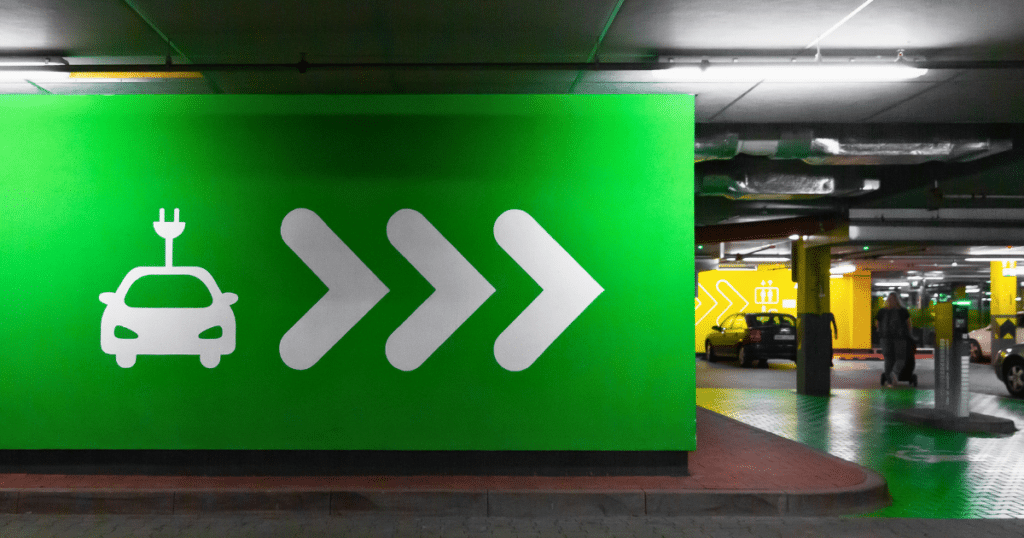


The issue of parking is becoming increasingly important, especially in urban areas, where limited parking spaces and increasing car traffic pose serious challenges. When we talk about parking and parking spaces, it is not sustainability that comes to mind most of the time, but parking costs, difficulties. But nowadays there are tools that can make parking more environmentally friendly. We look at the main problems parking faces from a sustainability perspective and what steps we can take to address them.
In cities and busy areas, finding a parking space often requires a long drive, which increases the risk of congestion and consumption too. According to a study in California, drivers spend an average of 14 minutes looking for a parking space, which contributes significantly to traffic growth and air pollution.
The amount of carbon dioxide emitted when cars search for parking space is significant.In addition, cars also have an environmental impact when parked, as they spend 95% of their lifetime parked, which means that a significant amount of potential green space is taken up by paved parking lots.
Maintaining and operating parking facilities is a costly business, especially in large cities.Parking charges and associated costs, such as fines and collisions, all contribute to making parking expensive and risky for motorists.
The lack of parking spaces often means that green spaces or other community spaces are sacrificed for parking.This degrades the quality of urban life and reduces the proportion of green spaces, which play a key role in regulating the urban climate and people's well-being.
The development and promotion of public transport is obvious.Public transport can reduce the number of cars on the roads, thereby reducing the need for parking spaces. Well-functioning public transport systems such as buses, trams and metros allow people to get to their destinations efficiently and in an environmentally friendly way without the need for a car.
The carsharing allows you to use your car only when you need it, 5% of the time, reducing parking problems and environmental pollution. Carsharing services such as MOL Limo, Wigo or GreenGo allow short-term car rental via an app. This is particularly beneficial for people who do not use cars on a daily basis or who would prefer to drive in Hungary mainly within Budapest or its very close agglomeration.

Micro-mobility devices, such as electric scooters, bicycles, mini-motorbikes and e-bikes, offer an excellent alternative for short-distance transport. They are environmentally friendly, faster than walking, space-saving and easy to park in small spaces. Their growing role in urban transport can help alleviate parking problems and reduce air pollution.
Smart parking blockers such as YourParking systems, allow parking spaces to be reserved in advance and optimise their use. The app allows motorists to see available parking spaces in real time and plan their parking. These devices can also be controlled by an app, reducing the time and stress of searching for a parking space.
Integrating solar energy into parking systems can make their energy supply more sustainable. A solar module can also be purchased for YourParking systems to help power the devices and reduce the cost of energy supply.

With the proliferation of electric vehicles (EVs), there is a growing demand for charging stations. The development of dedicated parking spaces for EVs and the integration of smart charging systems can help promote sustainable transport and reduce the use of fossil fuels.

The issue of sustainable parking is important not only for the present, but also for future generations. Smart solutions such as carsharing, solar charging stations and smart parking sensors can be a major step forward in this process. Cities and communities need to work together to create a greener and more liveable future for the "parking spaces of the future".
Több féle megoldással is szolgálunk a parkolási nehézségek elkerülése érdekében.